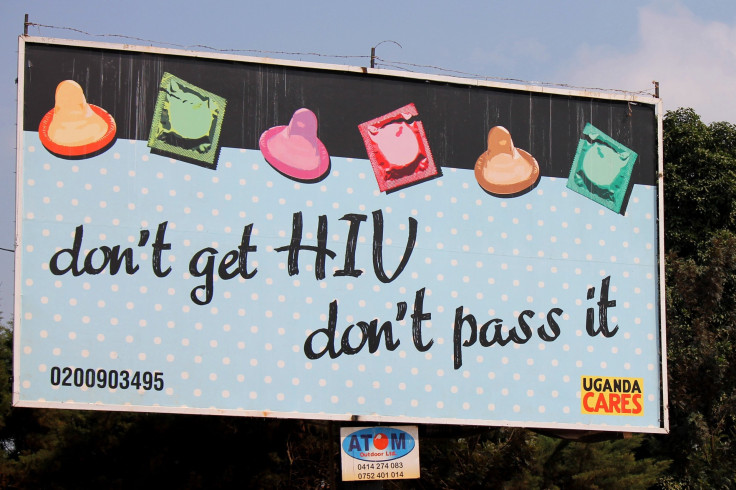Ugandan Men Complain That Condoms Are Too Small; Parliament Calls For Larger Ones To Prevent HIV

Condoms can be uncomfortable for some, but overall they’re not so bad — especially since they prevent pregnancy and the transmission of sexually transmitted diseases. But some men in East Africa are complaining that condoms on sale are far too small for them, and are calling on the government to do something about it.
In Uganda, the members of Parliament on the parliamentary committee on HIV/AIDS discussed the issue, noting that it was important to listen to the complaints, as condom use prevents HIV infection. “Some youth are complaining that the condoms they are being given, some of them are too short, their organs can’t fit in them,” Merard Bitekyerezo, a Ugandan politician, told NTV Uganda News.
They warn that condoms that don’t fit properly could raise the risk for HIV infection among the population. Uganda already has a high percentage of HIV infections, and the number of Ugandans who said they used condoms during their last sexual experience was at about 13.7 percent in 2011, according to a UNAIDS report. Uganda has seen a change in attitude about HIV/AIDS from a focus on abstinence to one of prevention; the country primarily uses the “ABC Approach” — Abstinence, Be Faithful, Use Condoms to encourage protection. But promoting condom use might be difficult if they hardly fit the users.
“People around these areas have bigger sexual organs, and therefore should be considered for bigger condoms,” Tom Aza, another Ugandan politician, told NTV Uganda News. “When it comes to action, when they’re having sexual activity, of course with the pressure, [the condom] bursts.”
According to UNAIDS, there are over 1.5 million people in Uganda currently living with HIV/AIDS. About 190,000 of those are children, who were most likely infected during childbirth from their mothers. There are also about one million orphans due to AIDS. Among people between the ages of 15 and 49, there is a 7.4 percentage rate of individuals living with HIV/AIDS.
Published by Medicaldaily.com



























